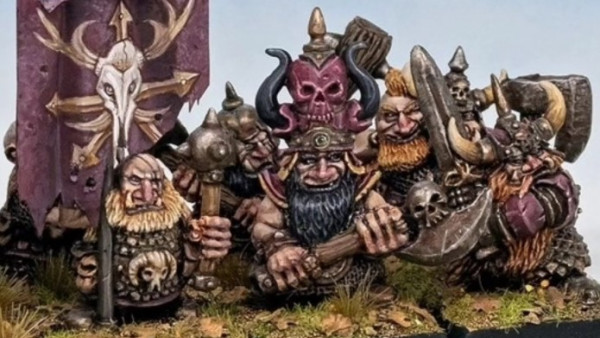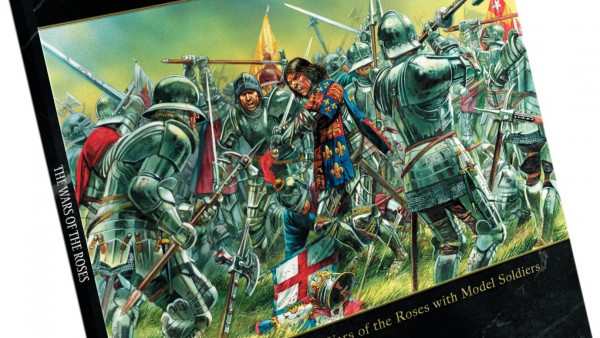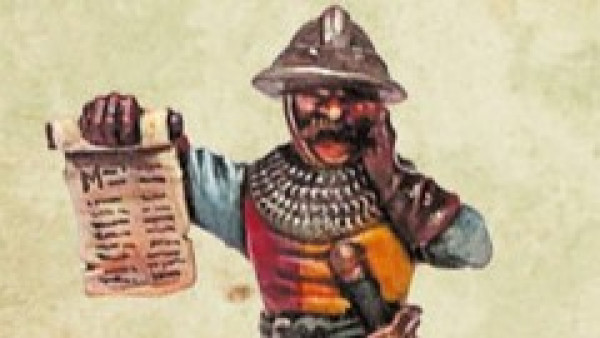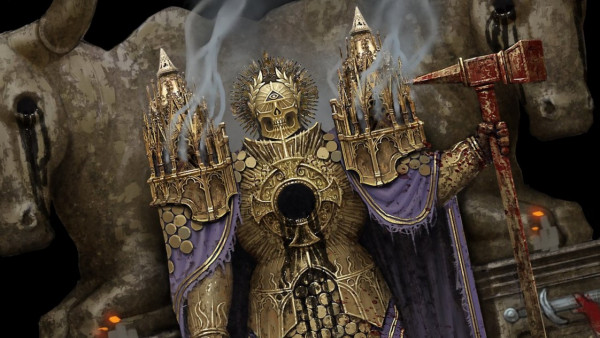Home › Forums › News, Rumours & General Discussion › [unofficial weekender] What do you mean Saturday?!
Tagged: unofficial weekender
This topic contains 37 replies, has 6 voices, and was last updated by ![]() sundancer 3 years, 4 months ago.
sundancer 3 years, 4 months ago.
-
AuthorPosts
-
August 12, 2021 at 11:26 am #1670050
@sundancer – I kind of get most it. Except the “lawful good” bit.
Finn presumably started out lawful, as a Stormtrooper, shooting rebels. His mate, who really really believes in the Empire and thinks it’s for the greater good, killing people on the orders of Ben Solo isn’t “lawful good” because he believes he’s being good. He’s lawful bad.
The motivation behind the person committing the act doesn’t make it good or bad? Religious fanatics are never “good” when they’re acting in a bad way, even when protected by the law.
August 12, 2021 at 11:32 am #1670051I think Finn is a bad example as he’s abducted and brainwashed. “Lawful” is just the fact that there is a law (regardless if the law itself is a good or a bad law) and lawful good characters try to get everybody to abide the law without being “bad cops”.
So lets say the law says: If you steal something, your hand comes off. But since without a hand you can’t work and earn a living so the lawful good character might “just” break a finger. Or do something different so that the law (do not steal) is enforced but at the same time punishment is still within proportion.
August 12, 2021 at 11:52 am #1670052Which is why I’m struggling so much with this, I guess. Lawful bad is relatively easy. I mean, good and bad are as much a “feel” as anything else. And it’s easy to “feel” that something is “wrong” (it *can* feel less wrong, if you also understand any mitigating circumstances – such as “breaking a finger is wrong” but accompanied with “but if I didn’t, he’d have lost a hand” makes it “less bad” not “more good”).
Lawful/unlawful is also quite easy – the law is a (relatively) hard and fast set of rules so you’re either complying or not (though lawyers may prove this to be a fallicy too!). Whether or not the law is “good” or “evil” is irrelevant – if you follow the law, you’re lawful. If you break the law, you’re unlawful.
A feeling for something “good” is more difficult – because any ambiguity becomes more like an excuse for “not-so-bad” behaviour. Your last comment made things a little clearer though (and at the same time, reinforced my view that other people’s examples – such as the jaywalking – are indicative of alignments either being mis-understood or mis-applied, which is what made the whole topic so confusing all those years ago).
August 12, 2021 at 12:21 pm #1670053I think it’s just something you need to roll with when people play DnD. It’s like “yeah, there are rules and tables but the GM decides” so if it helps the story and immersion, run with it. And at the end of the day, even bad guys do good things…. if it helps their cause 😉
August 12, 2021 at 3:16 pm #1670069For me the DnD alignment system was really only for the extremes like demons and angels. Mortals were only ever really true neutral.
“Good” was about putting others first or at least considering them.
“Evil” was about being self-centred.
“Lawful” was about having a set of rules or principles (not necessarily those imposed by the local government) that you followed, even when not in your own best interest. It could be always donating 10% of income to charity, even when you could do with the money. Or it could be always ritually scarring your victims even if it increases the risks of getting caught.
“Chaotic” was about being more whimsical or being willing to change your attitude as needed. It could be about being rebellious because you reject authority. Or it could be a preference for not planning anything beyond your immediate concerns.
August 12, 2021 at 5:46 pm #1670077@blinky465 what you are describing is exactly why I dislike the D&D style alignment system.
It’s used as a stereotype for characters and as descriptive qualifiers for features of the world (there is actual ‘good’ and ‘evil’ in the standard D&D setting).I’d argue that the average creature/npc doesn’t have a strong enough moral compass that it would point towards any of the 9 alignment combinations.( I’d also add the pc’s themselves to that list, unless they play a character class that needs to be at the extreme end to work. )
However that makes spells like ‘detect [evil/good]’ and ‘protection from [evil/good]’ kind of useless as they’d only function against gods and their immediate servants. I doubt you’d need a ‘detect evil’ to see if that big dude with a huge sword and an evil grin on his face is going to hit you in the face … you’d be better off running in the opposite direction.
A paladin is simply a priest who has decided that fighting ‘evil’ is to be taken literally. As such I think ‘evil’ gods should have paladins, because there’d be folk who love to spread the word of their master by violent means.
August 12, 2021 at 6:33 pm #1670078@blinky465 We were definitely attempting to break the alignment system to prove a point. All of those characters were meant as a parody of what they should be and it only happened because our DM was just getting a bit annoyed at the chaos our regular characters were causing. Nothing about those characters was supposed to be ‘right’. 😛
August 13, 2021 at 6:03 am #1670116New thread at:
-
AuthorPosts
You must be logged in to reply to this topic.

































![How To Paint Moonstone’s Nanny | Goblin King Games [7 Days Early Access]](https://images.beastsofwar.com/2024/12/3CU-Gobin-King-Games-Moonstone-Shades-Nanny-coverimage-225-127.jpg)





































